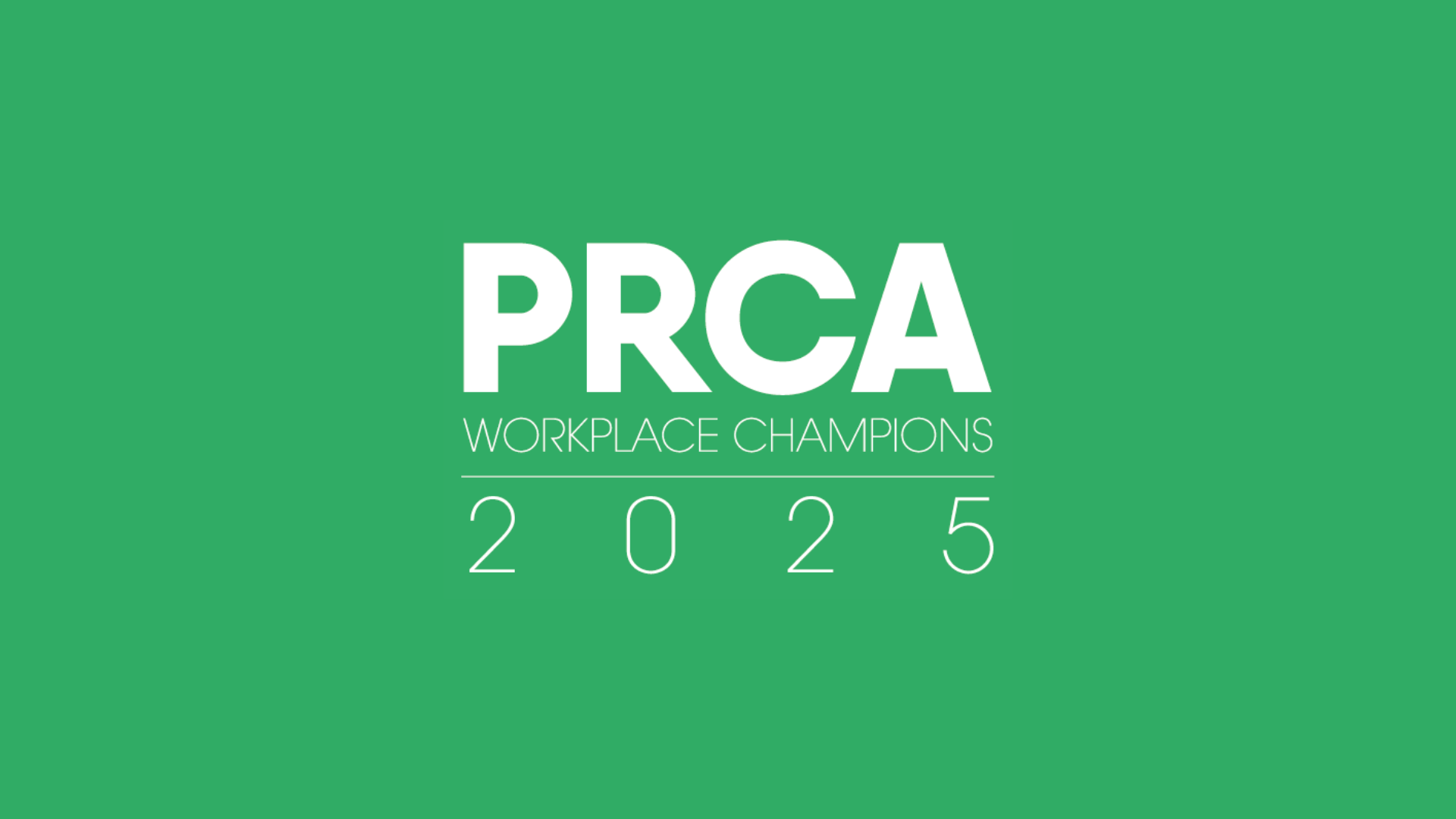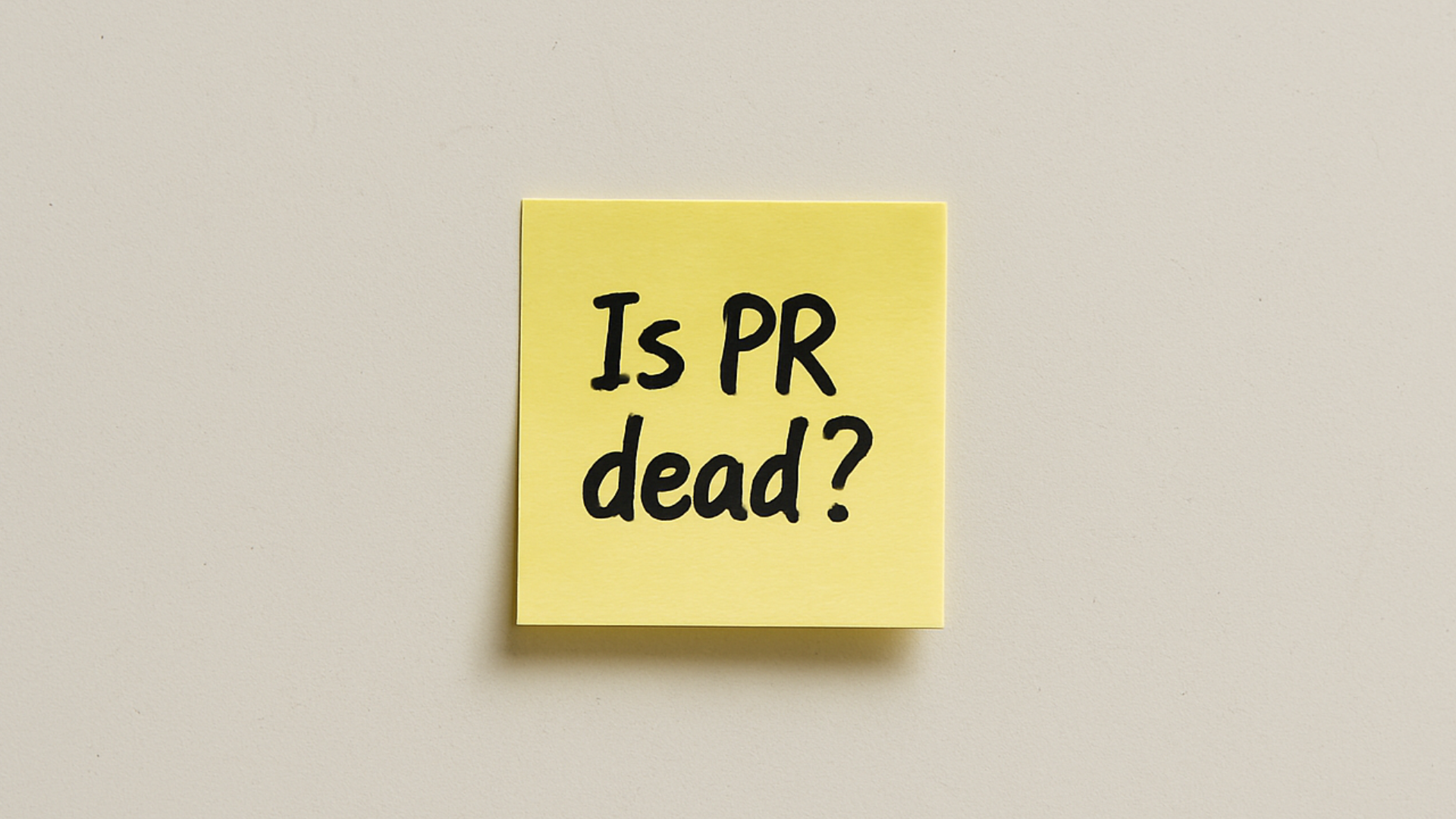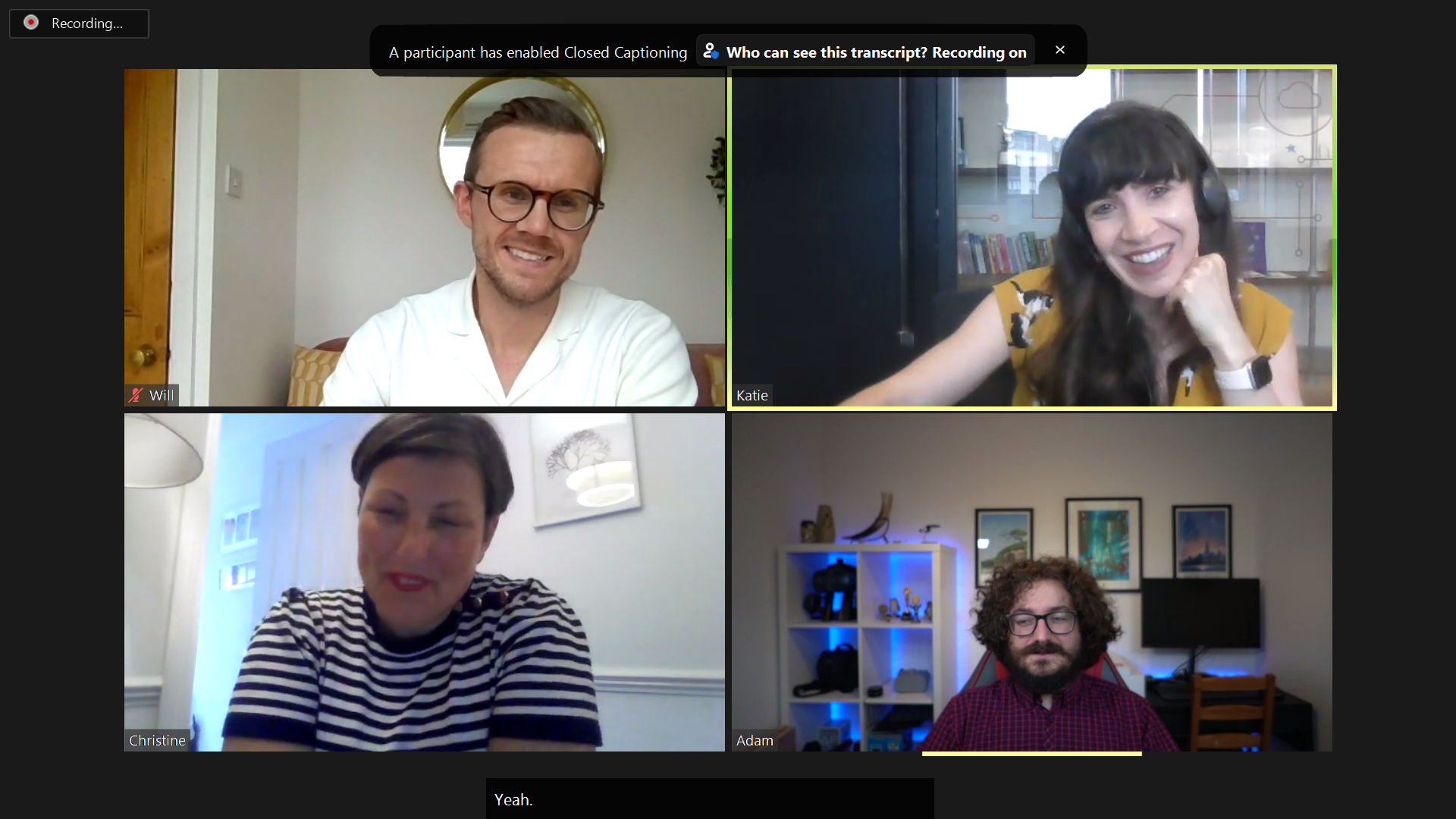When it comes to data there is a significant skills gap in PR. Coverage Book’s 2023 PR Data Literacy research found half the PR professionals surveyed lack confidence in their data literacy skills. Despite a raft of third-party tools and services which can supply PR professionals with the insight they need, we’ve struggled to use them effectively. We’ve relied on old habits, such as vanity metrics, that often fail to communicate PR value at the board level.
For an industry that is increasingly dependent on capturing, analysing and drawing insights from data, current and future PR professionals need to upskill themselves and start thinking more like data scientists.
Why are PRs and data scientists similar?
TechTarget defines a data scientist as an analytics professional that is responsible for, analysing and interpreting data to help drive decision-making in an organisation. When we compare this to what PR professionals do around coverage reporting and analysing media trends, we can start to see similarities emerge in the working patterns.
Of course, most PRs aren’t looking at vast data pools and writing machine learning algorithms. However, when it comes to interpreting data and presenting it in a tangible way, this is where data scientists and PR professionals have common ground.
PR professionals primarily work with data sets in form of but these vanity style metrics can only get us so far. When we start looking at big data tools we can start to pick up on trends and spot patterns which we can report back as insights that help drive decision making.
With each new tool and statistic things can get very exciting for PR professionals but if we don’t understand how to run quality control checks or fail interrogate the data properly, we can end up sharing misinformation. And in a business that can often be boiled down to managing reputation, this isn’t a small problem.
Thinking like a data scientist
When you remove the technical skills around cloud computing and machine learning the core skills for data scientists include:
- Critical thinking
- Effective communication and visualisation
- Problem solving
- Curiosity
PR professionals already have these skills but not within data. Although it feels like it shouldn’t fit within our remit, we must rethink how we work and start making data work for us instead of the other way round. It’s critical for retaining the value in PR and speak at a business level. So what’s on the to-do list?
- Engage your curiosity by learning Boolean operators. Quite common for marketing practitioners but foreign for many PR practitioners. Many data scraping tools have put UX first so you don’t have to rely on Boolean logic but many of them still have it as an option, and if you want the tool to work for you understanding how to write Boolean will garner much better results.
- Solve issues by brushing up on Excel. Data scraping tools can only go so far and breaking things down in Excel can be useful if you want to properly check for accuracy or look for something new. The added benefit of ExcelGPT makes it a lot less scary.
- Explore more skills with SEO. SEO typically lives with digital marketers but as one of the major benefits of good PR is SERP we should be doing more to understand how it works and how we can influence it for our clients.
- Communicate more visually and think about how data is presented. If you over rely on tools you can end up with a dogs’ dinner of bar and pie charts confuses rather than clarifies. A report shouldn’t be so dissimilar from an essay, think about the point you’re trying to make and cut back all the background and focus on what insight matters most.
Once PR professionals are more comfortable with aggregating and investigating data, there will be a greater willingness to use it properly and more widely across the business. Ultimately this will see agencies, uncover more opportunities, improve our reputation as an industry, and increase the quality of our work.















